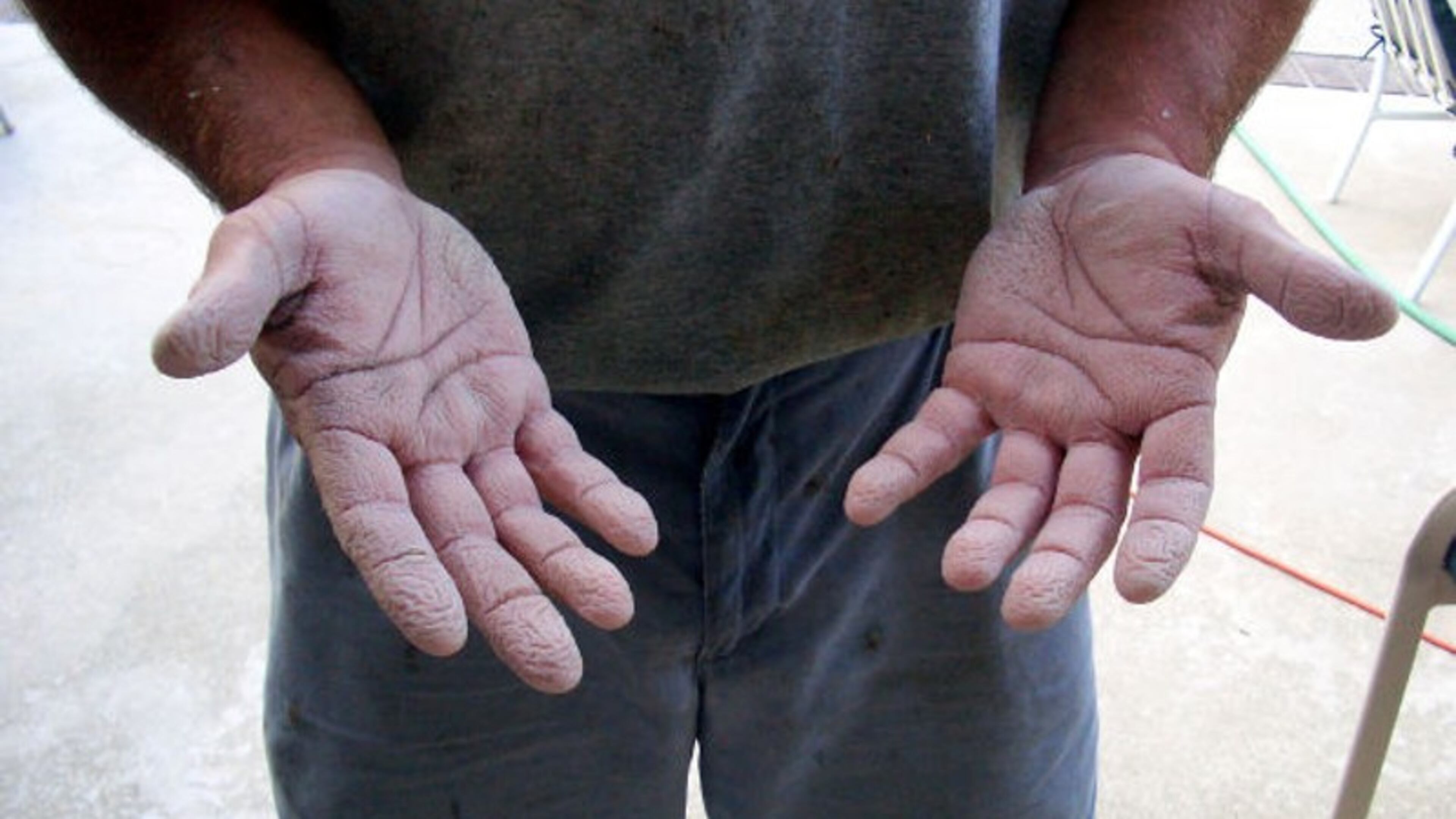Georgia economy braces for impact as pandemic jobless payment ends

Georgia’s storm is about to get worse – for the jobless, for social and government agencies and for the struggling economy.
Emergency $600-a-week payments from the federal government to unemployed Americans have ended, which means there will soon be a rush of cash-strapped families looking for help at already stressed charities.
Because August’s rent is due. And then the month after that. Meanwhile the coronavirus isn’t retreating, which jeopardizes the economic recovery.
“In a lot of counties, evictions have been stayed, and that’s nice,” said Vanessa Russell, executive director at Catholic Charities of Atlanta. “But at some point, the landlords are going to need to be paid and you really don’t want all these families in the street. It will be a tsunami.”
It’s not just rent. Georgia Power recently lifted a moratorium on paying electric bills. As it did, 97,000 customers were two months or more behind. And a recent survey by the U.S. Census showed 10% of families are already not getting enough food.

The human hardship that strains communities also translates into economic damage: Cutting the federal payments - which end July 25 in Georgia - means less spending on goods and services, less income for landlords and business owners and a push for companies to cut back still further on costs.
Without Congressional action – which did not seem imminent Friday – the end of the program known as Federal Pandemic Unemployment Compensation will cost the Georgia economy 186,000 jobs during the next year, according to an analysis by the Economic Policy Institute, a liberal think tank.
That is because the payments have not just been helping the jobless, said Gerald Cohen, senior economist for Wolters Kluwer’s Blue Chip.
Changes in spending have a ripple effect – what economists call a “multiplier.” In Georgia, those $600-a-week payments have totaled more than $7.2 billion in four months, according to the state Department of Labor.
They propped up the economy, Cohen said: In April, consumer spending was down 33% from pre-pandemic levels, but by mid-July, spending was off just 6%.
Cutting the FPUC will mean another drop in spending - a reverse multiplier, he added.
The maximum weekly unemployment benefit in Georgia is $365, among the lowest in the country.
Elaine Harris sees hard choices coming.
“The federal money has helped tremendously in catching up on past-due bills,” said the Clayton County woman, who lost her job in April. “I expect I will fall behind again if I do not find work.”
In a good economy, generous payments would be an incentive not to work. But most economists say the payments now are recognizing reality: A job is often not an option. With 373,000 Georgians now officially jobless – and nearly as many others who want a job but are not included in that figure – there are far more unemployed people than job openings.
The share of the population working has fallen this year by 5.2 percentage points, or by about 546,000 people, said Atlanta economist Michael Wald, former senior economist at the U.S. Department of Labor.
Georgia has processed 3.3 million jobless claims mid-March, including more than 300,000 freelancers and gig workers, judging more than 1.4 million of them valid.
A disproportionate number of the claims came from lower-income workers in hospitality, healthcare and retail, many of them already living paycheck to paycheck. The most recent government data shows more than 2 million of Georgia’s nearly 5 million workers making less than $600 a week, or roughly $30,000 a year.
Many employers are not operating at a pre-pandemic pace.
More than 22% of the Georgia businesses open in February were not open in mid-July, according to Homebase, a San Francisco software company with data from 60,000 businesses.
Worst hurt were businesses that depend on human interaction and crowds, said Dallin Hatch, an executive at Womply, a software company with data from 450,000 small businesses. As coronavirus cases surged again in recent weeks, Atlanta business reopenings “either continued to stall or backslide.”
As of July 18, 24% of Georgia’s restaurants were closed, as were 20% of arts and entertainment companies, 40% of bars, 19% of health and beauty shops and 9% of retail stores.
And gig workers – people who might never have been on an official payroll – are not seeing demand return, according to Steady, an Atlanta-based app that helps workers manage their finances and has about 127,000 members in the state.
Right now, more than 30% of Georgia gig workers’ incomes come from unemployment benefits, said Adam Roseman, Steady’s chief executive. “I am extremely frightened at what August will bring to the lives of tens of millions with the Senate’s delayed ability to act.”

It is not only low-income workers who have relied on the $600-a-week supplement. Many middle-class professionals who lost jobs paying more are still locked into mortgages and rents that are now beyond their means.
Andy Johnston of Acworth says his family of six has barely been getting by the past few months. He owns The Idea Group, which does communications for corporate events, of which there are precious few these days.
“The $965 we receive each week covers much of our expenses, but not all,” he said. “We have been using our savings to cover the rest.”
Some businesses like restaurants have rehired at least some of their laid-off workers, but in some hard-hit sectors, the layoffs never stopped.
“My industry is shedding jobs daily,” said Ellen Wavrek of Buckhead, a former retail executive. “Finding a job is beyond difficult.”
She has been draining her savings, she said, but ”the extra $600 made it possible to be sure rent and utilities were paid.”
Social service groups may see the impacts first.
When unemployment payments went out, calls for help dropped at the Home of Hope, said Maureen Kornowa, executive director at the Gwinnett shelter for homeless children and young mothers. Without the FPUC, she expects the calls to pick up again, she said, even as the county’s temporary stay on evictions gives many families a respite to the end of August.
“We anticipate an onslaught of people needing our assistance who have never needed homeless services before,” she said.


